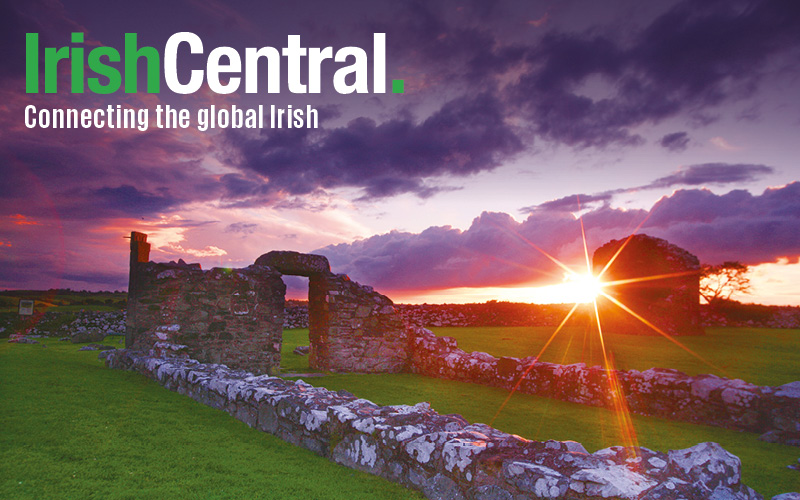Names such as Kelly, Murphy, O’Brien and Ryan are distinctively Irish and are widely known to be so. However, there are many names which are Irish, but this fact is far from obvious. Names such as Smith, Holland, King, Waters, Rabbitte, Woods, Kidney, Bird, Salmon, Moore, Traynor, Moss, Fox and Dean and many others can be of Irish origin due to some strange evolutions of language and phonetics which are described below.
Irish names are basically of three types. There are the Gaelic names, most of which would originally have been prefixed by an “O” or a “Mac” which are now usually anglicized into a close derivation of their Gaelic form (but not always as we will see); The Norman names which were introduced into Ireland after the 12th Century Norman Invasion. These are the commonly characterized by the prefix “De” or “Fitz” (son of from the French Fils). Names like Delany and Fitzgerald are very characteristically Irish, although their origins are not Gaelic.
Finally there are the names derived from the other peoples who were introduced into Ireland at various times. Most numerous of these, of course, are English names introduced during various plantations and otherwise. There are mainly found in the North of Ireland, which was the most extensively planted, but are also found everywhere. There are also Palatine names (from a small plantation with German settlers from the Rhine Palatine) such as Shouldice, Switzer and Ruttle; and Huguenot names (of French origin) such as Lefanu, Lefroy, etc.
The process of translation of Gaelic names into English has produced some of the strangest Irish names. Translation usually took the form of phonetic rendition of the Gaelic “sound” into English spelling. Clerks preparing official documents were often unfamiliar with Irish and therefore imposed this change. Thus O’Domhnaill became O’Donnell, MacCarthaigh became McCarthy, O’Riain became Ryan, etc. However, other names have not had such an obvious treatment, for instance McElwee is the anglicized form of Mac Giolla Buide, Sexton is the Anglicization of O’Seasnan (a similar name is found in England, but Irish Sextons are generally from the same origin); Collins is the anglicized form of O’Coileain; Moore or O’Moore is from the Gaelic O’Mordha.
A further complication arises when the “O” or “Mac” is dropped, as they commonly were during the periods of the 18th and 19th century when being obviously native was not advantageous. Many of the families who had dropped their prefix during these periods restored them again in the latter end of the 19th century when the Gaelic revival movement was active. With some names, however, the prefix did not sit well, and the prefix has hardly been restored at all. For instance, it is rare to find a Carthy, Manus or Allister since all of these names invariably have a Mac prefix, as does McGuire, McNamara, and McMahon. The Ryans, Murphys, Kellys, Doyles, Donnelly, Foleys, Hogans and many others have generally not restored the O prefix which was originally theirs.
A further cause of name variation was the process of translation (often incorrectly) of Gaelic names into English. This was done to make the names more English-sounding. The many Smiths in County Cavan, for instance, are almost all originally McGowan. Gabhan being the Gaelic for blacksmith. Similarly, the many Fox families are derived from translations of names like O’Sionnach, which can be translated as “fox”.
Many of these translations are completely incorrect in regard to the original meaning of the Gaelic name. Thus the name Bird derives from the Gaelic name McEneany or Heany from the fact that part of the name ean resembles the Gaelic word for a bird.
Similar pseudo-translations have led to the names Kidney (from the Gaelic O’Dubhain, which resembles the word for a kidney); Oates (from the Gaelic O’Cuirc, which is also translated phonetically into the name Quirke); Peoples (from the Gaelic name O’Duibhne, which resembles Daoine, the Gaelic word for people); Rabbitte (from the Gaelic O’Cunneen); Woods (from various Gaelic roots such as Quill, which resembles Coill – the Gaelic for a wood, and also from other names which sound like various types of wood); Waters (from the Gaelic O’Fuarisce – uisce being the Gaelic for water); and Salmon (from the Gaelic O’Bradan).
Another process of change was to convert Gaelic names into English names or words which sounded somewhat similar. Thus the Irish Byrne became the English or Scottish Burn, Downey became Downing, Quirke became Kirk, the Gaelic O’Maoileidigh became Melody. Some branches of the Lehanes and Lynes became the English Lane, the Gaelic O’Maolbhearaigh became Mulberry, and the Gaelic O’Cofaigh became Coffey.
Add to all of this confusion, the extra complications which must have arisen when emigrant families arrived at immigration ports and had their names taken by clerks of varying nationalities, and you may start to appreciate the variety of names that the Irish are blessed with.




Comments